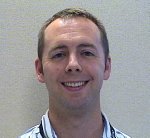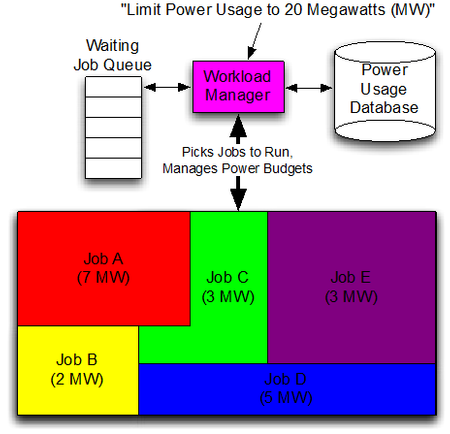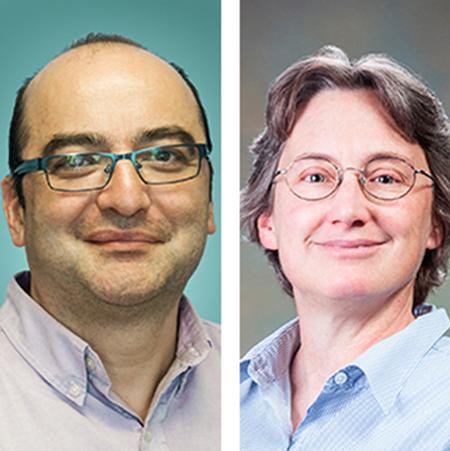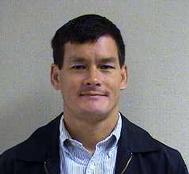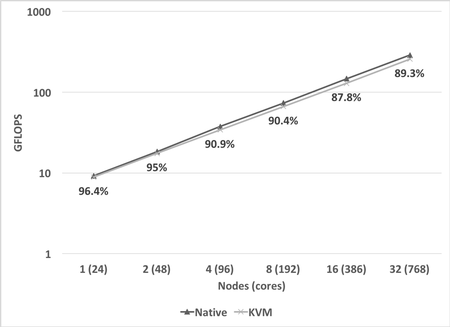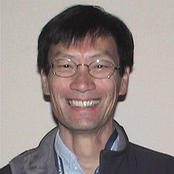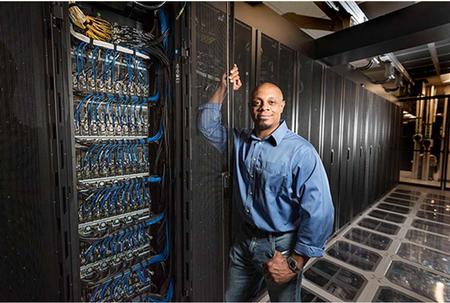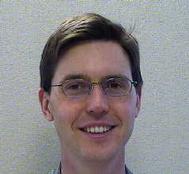Staff Page • Computational Science. Biography My research and development interests center around two major topics. The first is discretizations of PDEs for unstructured grids such as; finite element, finite volume and discontinuous Galerkin methods. The second topic is modeling and simulation fluid flows such as; incompressible, compressible, turbulent, reacting, wave propagation and...
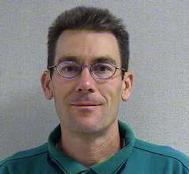
![FIG. 1: (a) RPE and (b) GST experimental sequences. Each sequence starts with the state p and ends with the two-outcome measurement M. (a) An RPE sequence consists of repeating the gate in question either L orL + 1 times. (b) In GST, a gate sequence Fi is applied to simulate a state preparation potentially different from p. This is followed by [L/|gk|I] applications of a germ—a short gate sequence gk of length |gk|. Finally, a sequence Fj is applied to simulate a measurement potentially different from M.](https://www.sandia.gov/app/uploads/sites/210/2022/06/Aidun_580-1.jpg)
